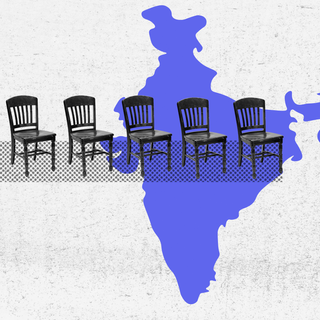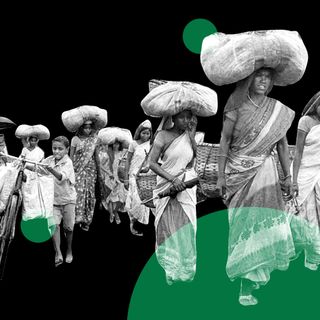Only 10 countries in the world currently offer equal legal protections to women, according to a report published by the World Bank. These countries include Ireland, Sweden, Canada, France, Denmark, Belgium, Latvia, Luxembourg, Iceland, and Portugal.
Titled “Women, Business, and the Law 2021,” the report outlines the evolution of legislation around women’s equal economic participation across eight indicators: mobility, workplace, pay, marriage, parenthood, entrepreneurship, assets, and pension. The 10 countries above scored a full 100 across these indices. But on average globally, women only have 75% of the same rights as men in the above areas.
Despite the pandemic and the damage it did to women’s rights, global findings indicate positive changes in legislation, especially around laws dealing with pay and parenthood. Yet, equal pay and parenthood still remain the most pressing issues for global economies, with more than 100 countries currently having no legislation requiring men and women to be paid the same amount for the same job.
India scored 74.4, putting it way below countries with well-known women’s rights failures like China (75.6) and Saudi Arabia (80), the latter of which made a marked improvement from its position at the end of the list last year. Neighboring countries like Nepal (80.6) also fared better than India on the list.
Related on The Swaddle:
ILO Report Shows Indians Are the Most Overworked Globally, and Among the Worst Paid in Asia
With respect to individual indicators, India scored a full 100 on mobility, marriage, and workplace legal rights. Its remaining scores include an 80 on assets, a 75 on pension and entrepreneurship, a 40 on parenting, and 25 vis-à-vis pay. In the Indian context, the report made a special mention of legislative reforms that granted unmarried daughters equal inheritance rights, leading to a positive domino effect on girls’ education, marriage age, financial strength, and living conditions.
“While it is encouraging that many countries have proactively taken steps to help women navigate the pandemic, it’s clear that more work is needed, especially in improving parental leave and equalizing pay,” said Mari Pangestu, managing director of the World Bank’s Development Policy and Partnerships, in a statement. “Countries need to create a legal environment that enhances women’s economic inclusion so that they can make the best choices for themselves and their families.”




